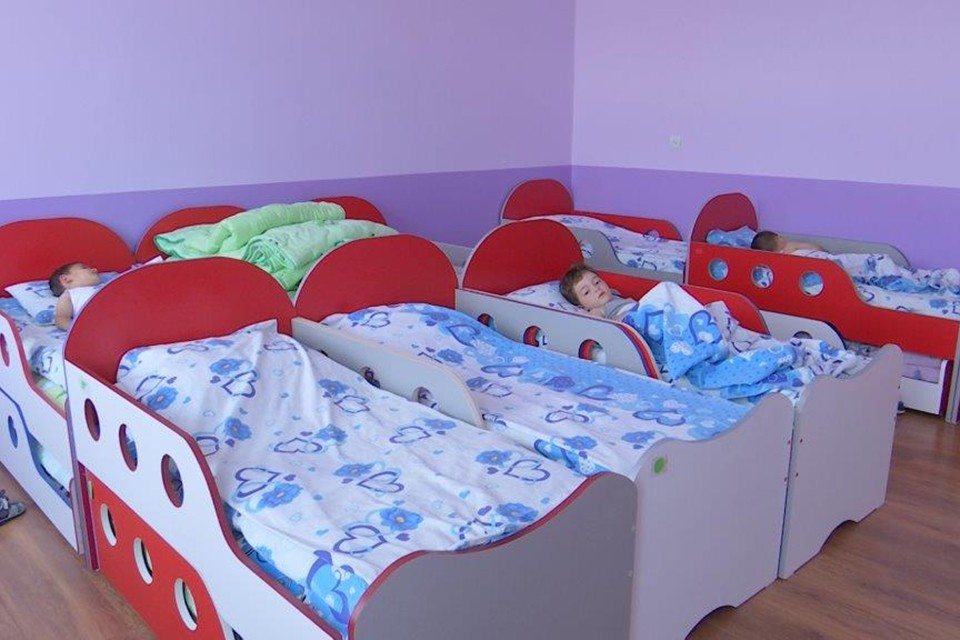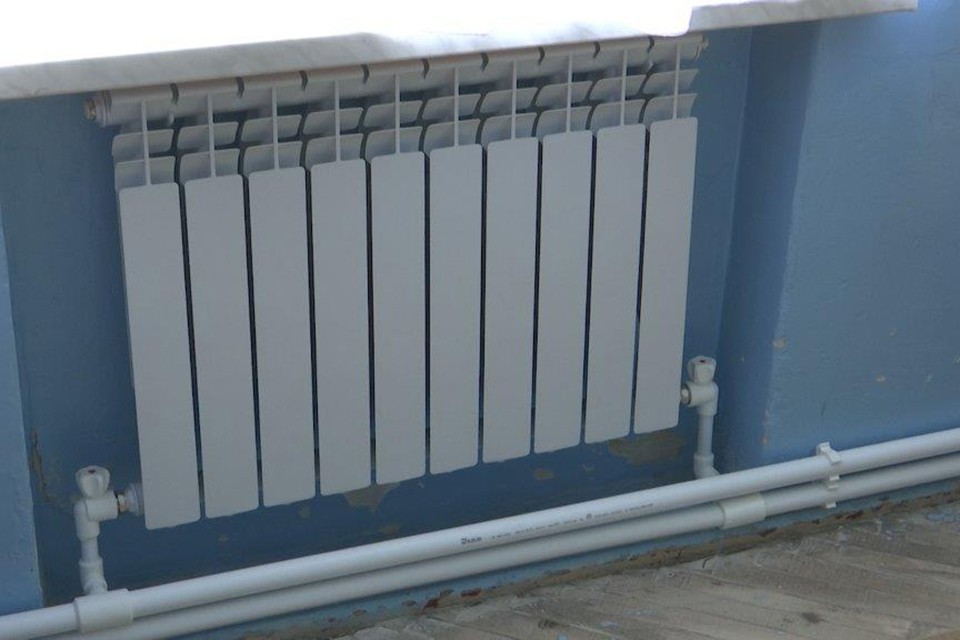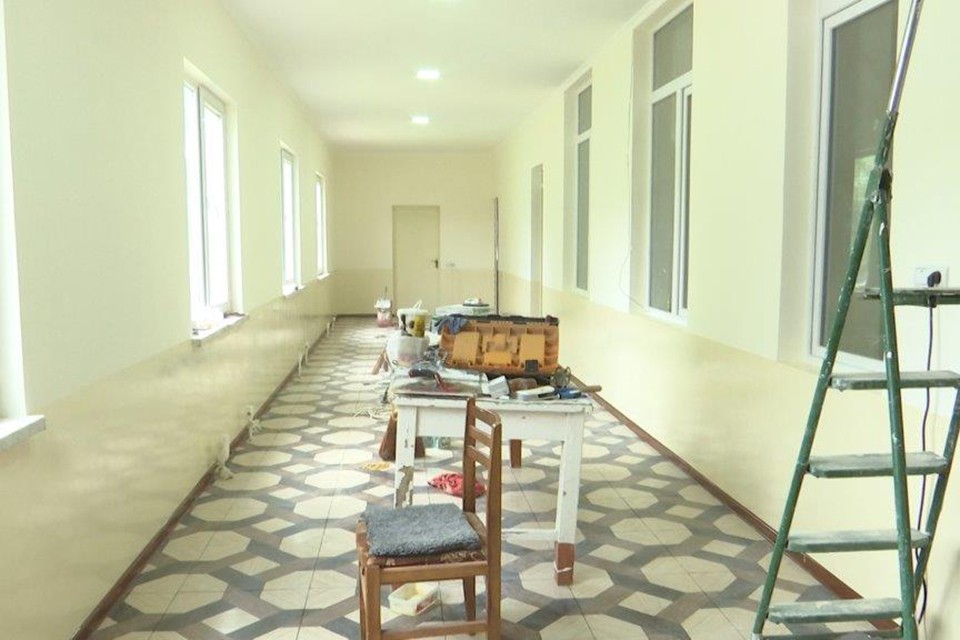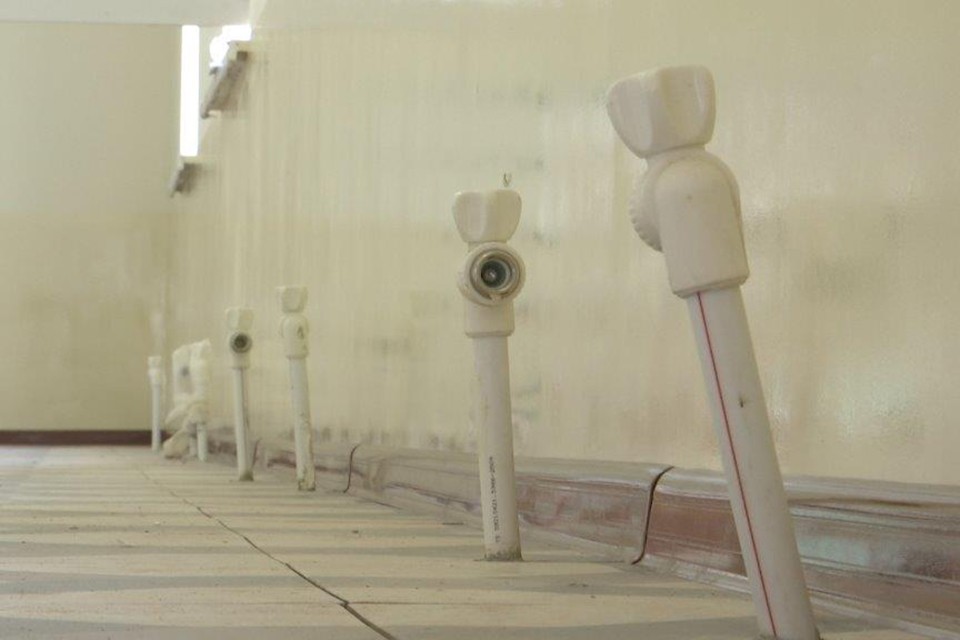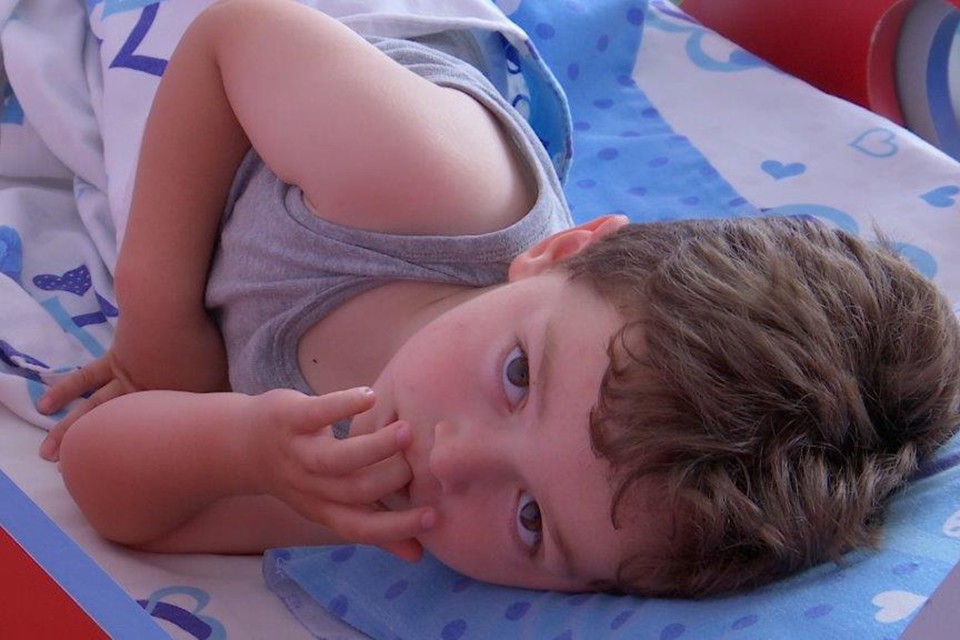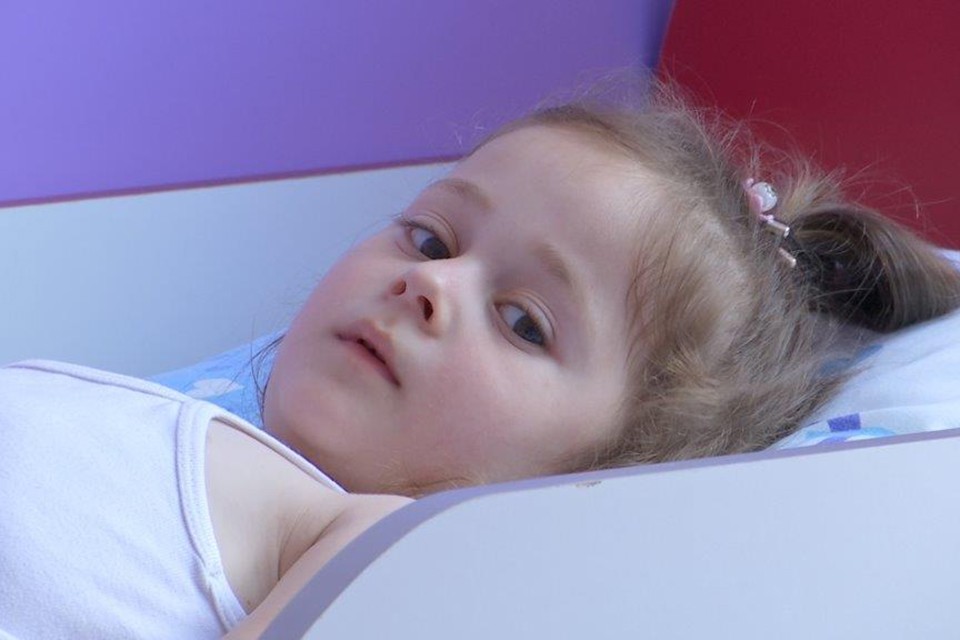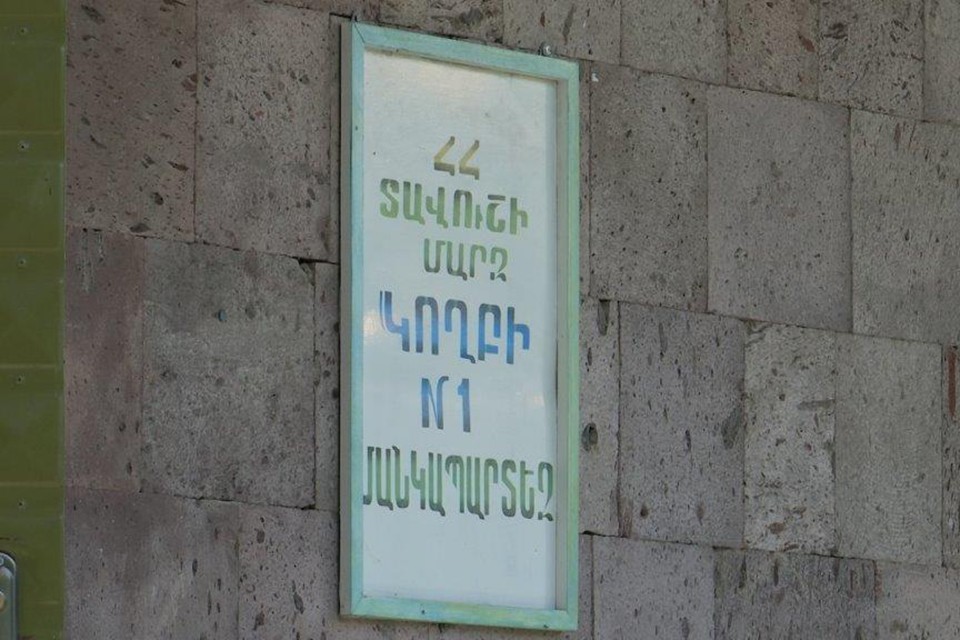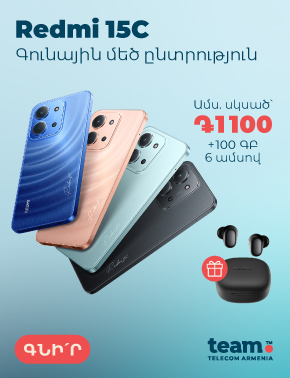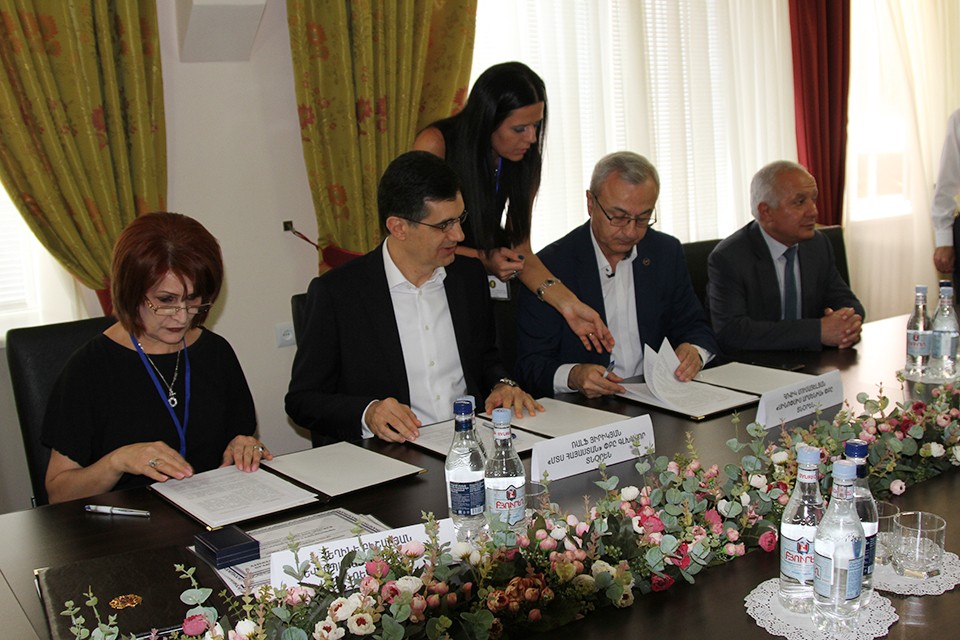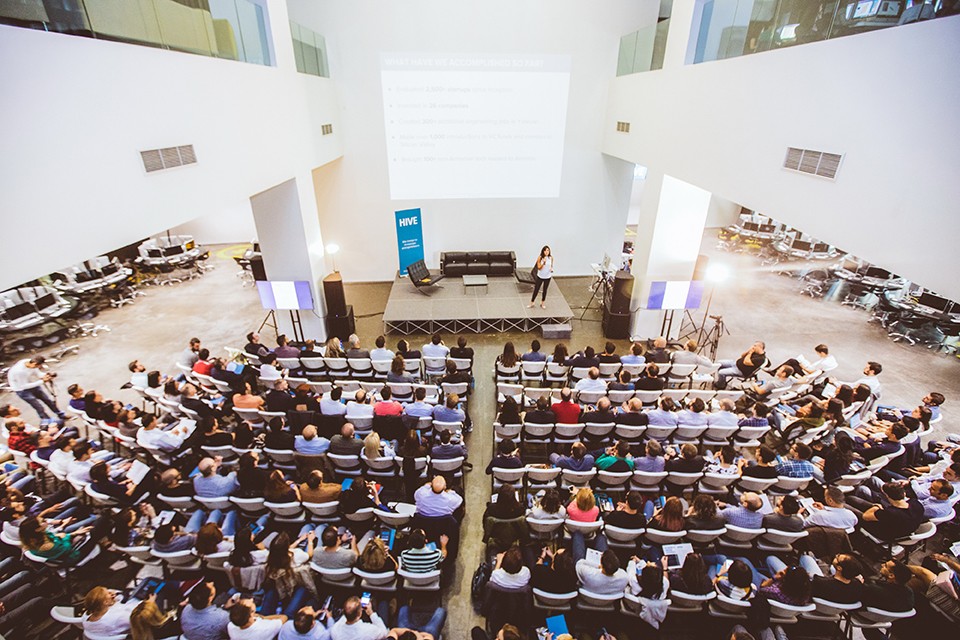16:09 | 19.09.19 | News | 11205
VivaCell-MTS supports placement of centralized heating system in Koghb kindergarten
Borderland Koghb, the largest village in Tavush region, is 4.5 km away from the state border. The elders of the village joke that they live almost an urban life. They have two schools, two kindergartens, a house of culture and an art school. Their main occupation is horticulture and gardening. Without the cautious and frightened response of the children to the camera, the fact of being on the border may not even be felt, at the first glance. The camera carried on the shoulder is perceived by the kindergarten children as a firearm. It’s ignored later and the playing continues, quietly.
The first kindergarten in Koghb was built 70 years ago in 1965. The kindergarten’s non-typical building was first heated with coal and then with wood stoves in the years that followed the collapse of the Soviet system. Modern technological solutions, especially the option of heating the building with alternative energy, have been unavailable to the kindergarten. Old-fashioned heating has been a difficult and dangerous process. Five stoves were installed in different rooms of the kindergarten, which houses 60 children. Although theses stoves have been in constant focus of attention of the staff, the danger and inconvenience have always been considerable.
“It is very difficult to heat the building in the winter months. We use wood stoves mostly, and sometimes electric heaters for heating. It is almost impossible to secure a stable heating. Rooms are often filled with smoke. Not to mention the effort of keeping the moving kids away from shimmering stoves. I think the village should not be different from the city in this regard. This is particularly true for borderland villages. Attention should be high,” said the principal of the kindergarten Alina Mamyan.
In summer, the problem was presented to the partners, who have experience in solving similar problems. The response was not delayed. VivaCell-MTS and the Foundation for the Preservation of Wildlife and Cultural Assets (FPWC) are already undertaking practical measures. The partners strive to provide a warm winter for young children. The project is also environmentally justified. Outdated and inefficient methods will be replaced by modern technology. Centralized heating system supported with solar water heaters will be placed.
“Children shall be saved from memories about hardships. This is particularly important for the future. The hot burning metal or the smoke filling the room can’t cause positive emotions. Maybe many years ago wooden stoves were normal or were the only solution for heating the room but today it is not normal as there are modern and safer technologies of heating. This is a program that allows, with the help of innovative technologies, changing the everyday life of the children living in borderland communities, as well as the lives of their teachers. I am glad that with a partner organization we can be useful to them,” VivaCell-MTS General Manager Ralph Yirikian.
The implementation of energy-saving heating systems in the borderland and remote settlements is one of the important steps in establishing a network of eco-villages. In this way, it’ll be possible to integrate these villages into a process, which is based on sustainable development’s four components: environment, economy, culture and society. The program will significantly reduce community spending, and then the savings can be directed to solve other issues.

17:29 | 24.09.25 | Articles
Jacopo Losso on Cross-Border Investments and Why Armenia Attracts Angels

